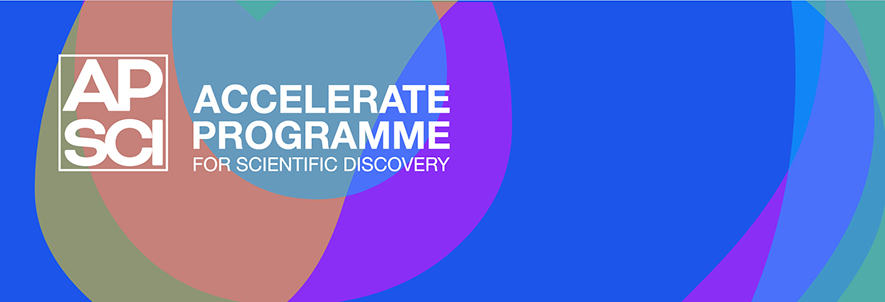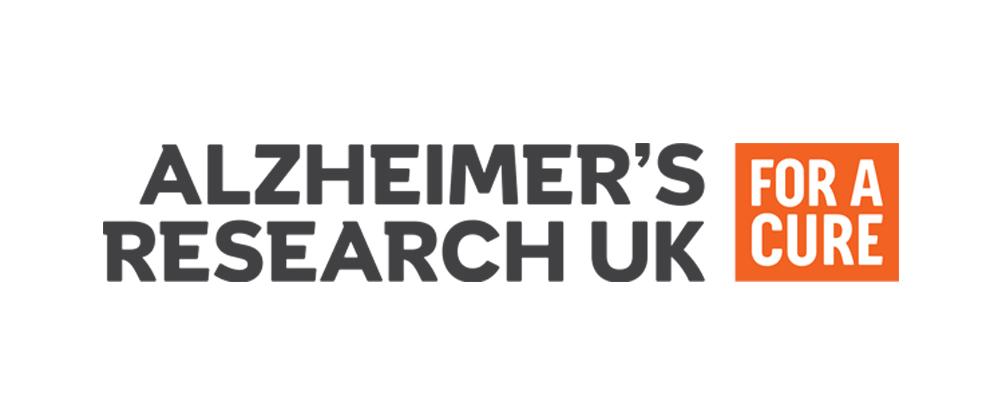PhD in Neuroimaging — King's College London
Supervisors: Prof Mitul Mehta & Prof Dominic ffytche
Junior Research Fellow, Christ's College Cambridge
Developing AI-powered tools for patient stratification and prognostication using neuroimaging and clinical data from NHS memory clinics.
AI & neuroimaging researcher building tools for individualised dementia care.
Based at Christ's College and the Neuroinformatics Lab, I work across clinical and computational teams to bridge research and clinical practice.
As part of the Neuroinformatics Lab, I focus on analysing neuroimaging and clinical data from NHS memory clinics, leveraging AI and normative modeling to create individualised tools for patient stratification and prognostication. I have contributed to the PASSIAN Project in collaboration with UCL, implementing a secure, scalable clinical data-sharing solution via federated learning in the NHS.
My PhD research explored neural and cognitive correlates of Parkinson's Disease Psychosis using multimodal imaging techniques, combined with network neuroscience, transcriptomics, and receptor map approaches.
Read more here →
Supervisors: Prof Mitul Mehta & Prof Dominic ffytche
Supervisor: Prof Graham Murray
Promoting open access to coding and AI resources for women in technology.
Worked on graph-theoretical and machine learning analyses of brain imaging data under supervision of Prof Ed Bullmore and Dr Sarah Morgan. (Cambridge, UK)
Ran optogenetic testing of modulatory neurons in larval Drosophila. Funded by the Genetics Society UK Summer Studentship Award. (Cambridge, UK)
Ran eye-tracking and behavioural experiments on patients with Prader-Willi syndrome and worked on natural language coding for the Natural History of Song Project (NHS). (Cambridge, US)
I combine normative modelling, federated learning and machine learning to build robust, privacy-preserving clinical tools for dementia diagnosis and prognosis.
Validating data-driven population-reference models (BrainCharts, Bethlehem et al., 2022) with neuroimaging and clinical records for disease stratification and prognosis in neurodegenerative cohorts.
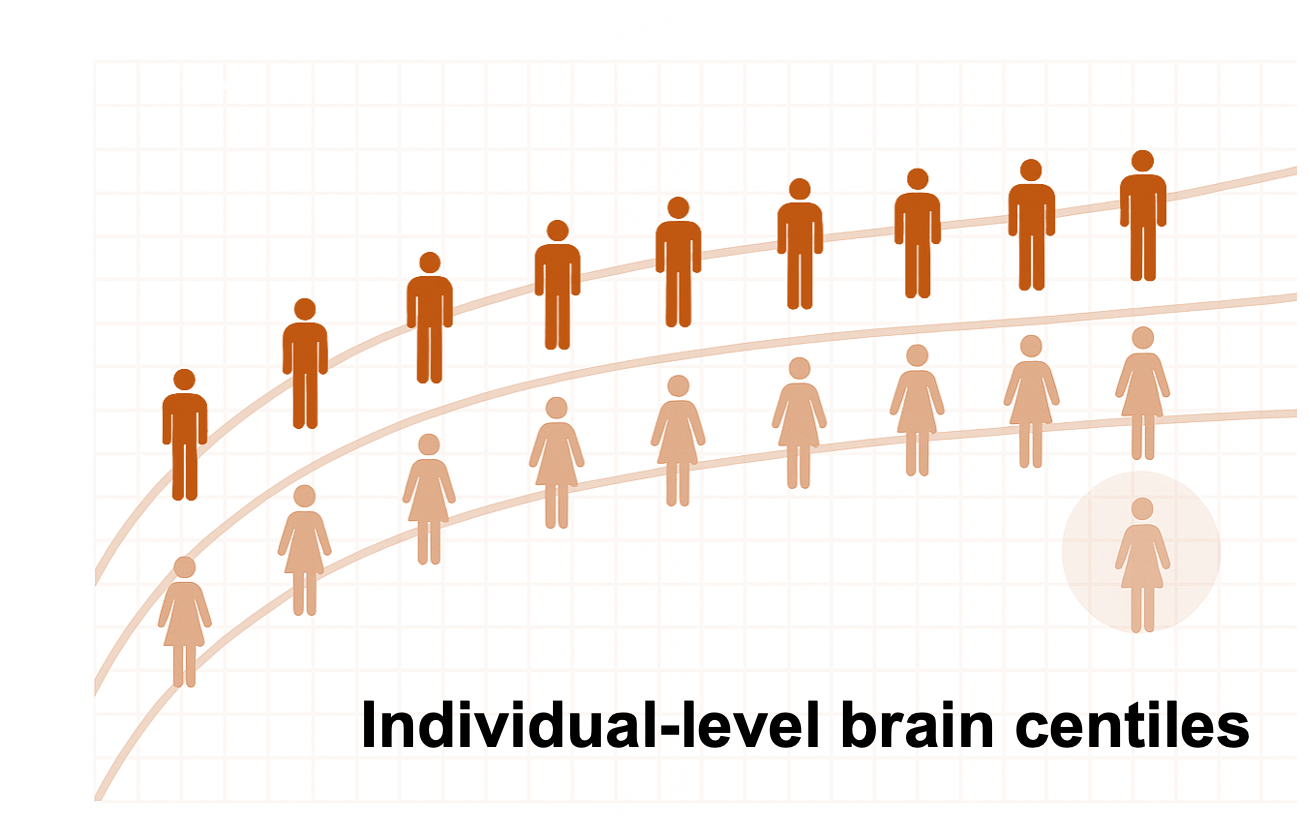
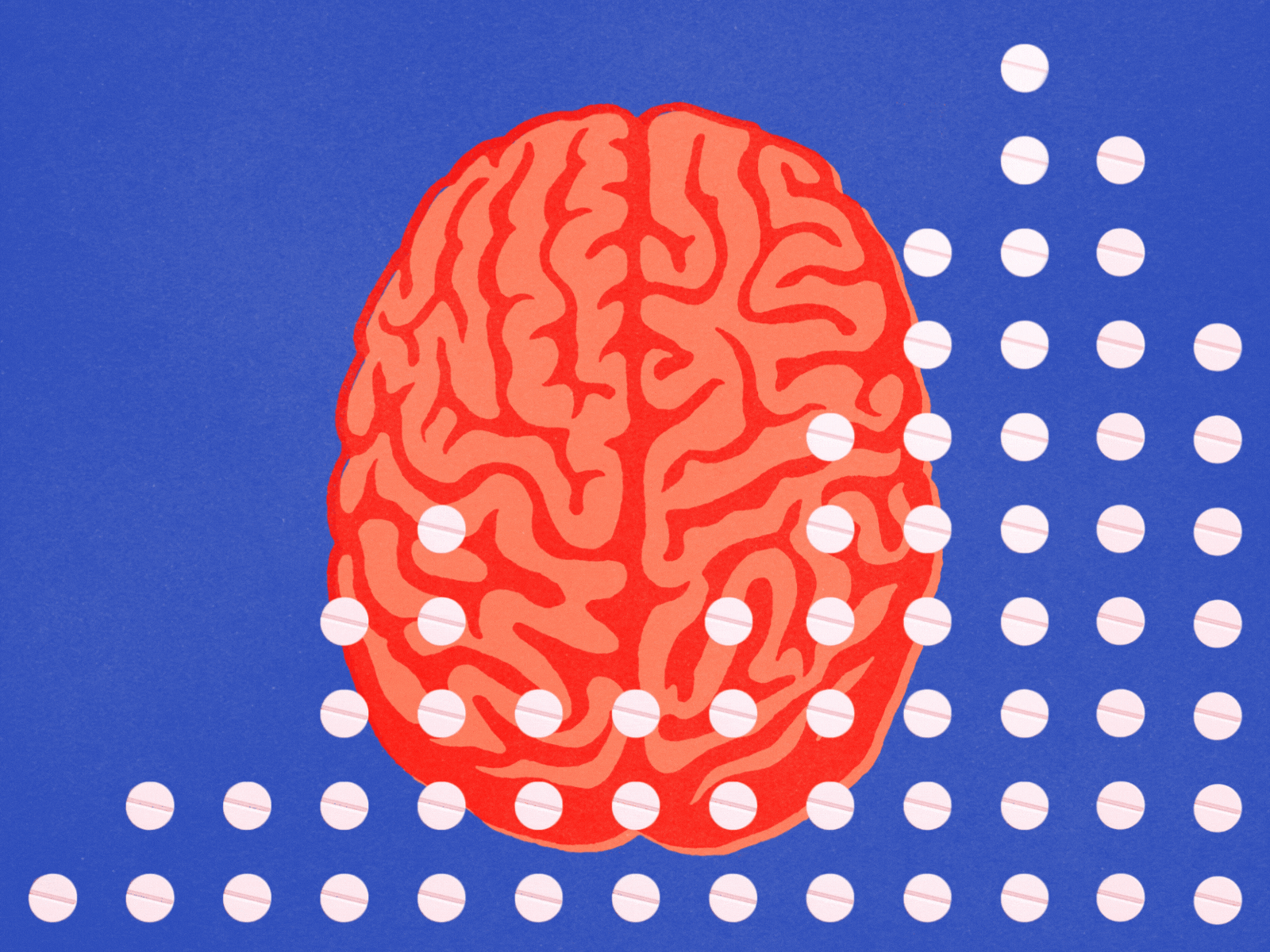
Getty/Amanda Bailey
The PASSIAN Project focuses on implementing federated learning in the NHS to create a secure, scalable clinical data-sharing solution. This work addresses a critical barrier to developing AI implementations for real-world biomedical data.
Federated learning enables multiple institutions to collaboratively train machine learning models on their local data without sharing raw patient information, preserving privacy while enabling large-scale AI development for healthcare applications.
Combining AI with clinical and biological data (QMIN-MC and NACC cohorts) to develop individualised diagnostic and prognostic tools for dementia.
Investigation and validation of this approach in a large scale cohorts of people with different dementia diagnoses.
ARUK Grant £3,847Applying graph theoretical methods and machine learning to resting-state fMRI data to understand network dysfunction in PD psychosis.
Applying computational reinforcement learning models to understand decision-making deficits in schizophrenia and their relationship to genetic risk.
NSPN ConsortiumAlzheimer's & Dementia: The Journal of the Alzheimer's Association (Accepted)
Read paper →The Lancet Digital Health (Accepted)
Read paper →Brain Communications, 7(3)
Read paper →Cortex, 146, 161-172
Read paper →Schizophrenia Bulletin, 47(1), 237-248
Read paper →Co-supervision of 2 PhD students to date.
I was the Trinity College Postdoc mentor for 3 graduate students, meeting about mentoring and academic skillset, alongside progression in academia.
Assisting in statistical classes and workshops and marking reports.
Interviewer for Psychological and Behavioural Sciences (PBS) undergraduate admissions, Christ’s College, University of Cambridge (2023, 2024, 2025).
I took part in an event with the graduate students in my college (the MCR) to demystify applications to funding and Junior Research Fellowships at Oxbridge.
Workshops on MRI data processing, fMRI analysis, and multimodal neuroimaging.
I will be lecturing for the Natural Sciences Part II PDN (3rd year) on Module N2: Experimental Tools for the Neuroscientist.
Promoting diversity in STEM and providing mentorship to women in technology and AI.
Championing open-access research, code sharing, and reproducible science practices.
Regular talks and presentations to make neuroscience and AI accessible to broader audiences.
(Principal Investigator, with Prof Richard Bethlehem as Co-I)
Novel Applications of AI and LLM for Clinical Neuroimaging Research
Research Departmental Symposium, University of Cambridge
+ Travel Grant £400
For work on Morphometric Inverse Divergence Networks and post-mortem brain analyses
£1,000
For presenting at OHBM Conference in Montreal, Canada
Selected from thousands of applicants
£65,000+ (4-year funding)
Full doctoral research support at King's College London
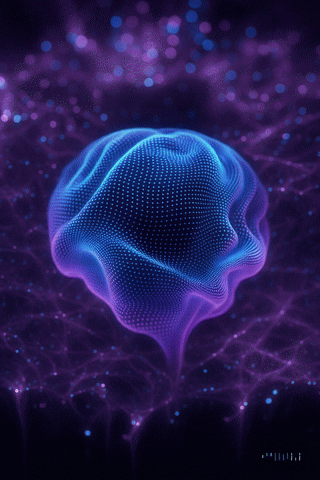
Interested in my research or potential collaborations? Connect with me on social media or explore my research outputs.
